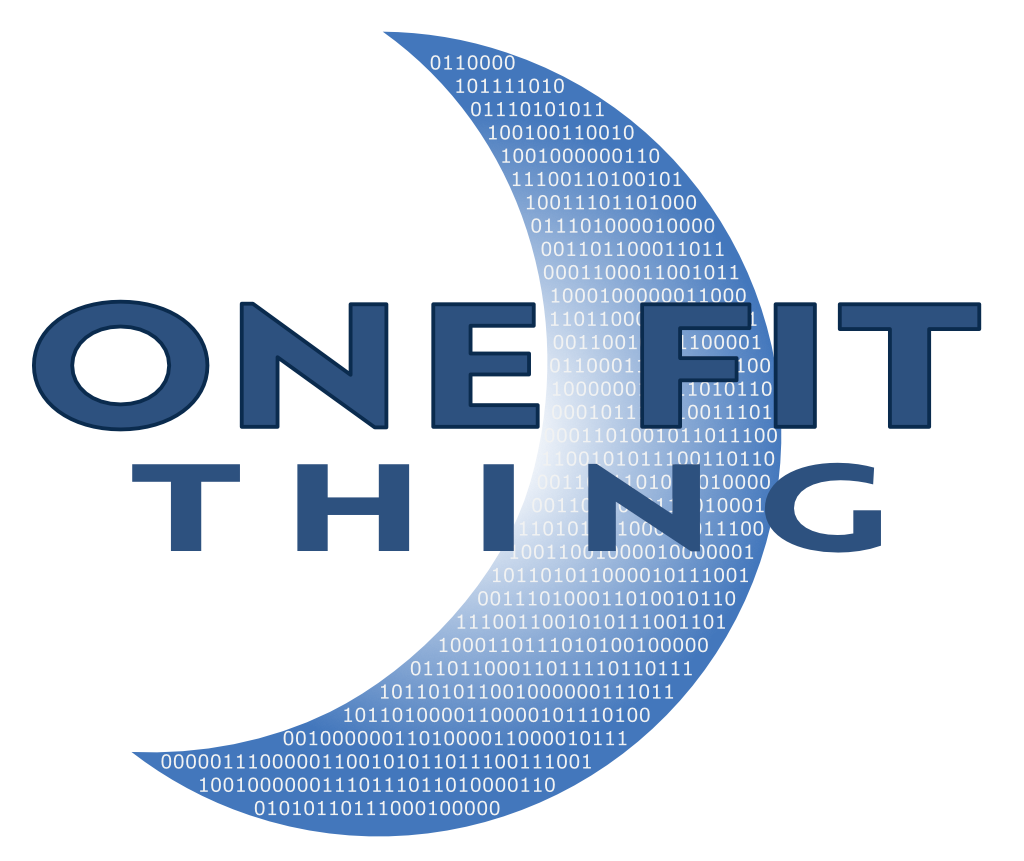
How Much Sleep Should I Get? The Guardian Article
The Guardian Article: Sleep: how much do we really need?
This article asks an intriguing question, why did humans evolve to have a period of every day lying dormant? During this time we are missing out on food or maybe even becoming food. So why is it so important that we sleep? Is must be essential or we would have stopped generations ago.
The article goes on to talk about what happens when we sleep. There are two documented stages to sleep.
- Slow-wave, also known as deep sleep
- characterized by slow brain waves, relaxed muscles and slow deep breaths
- 80% of our sleep
- Consolidation of our strongest memories over the day
- REM or dreaming stage
- characterized by high brain activity, paralyzed muscles, increased heart rate, and erratic breathing
- 20% of our sleep
- each dream can last a few seconds to around an hour and get longer as the night progresses
- science is unsure of the importance of this stage
The amount of sleep needed varies depending on age.
- Adults 7-9 hours
- Teenagers 8-10 hours
- Younger children need between 10-17
The quality of sleep also needs to be considered. If you can efficiently complete SWS and REM sleep you may be able to sleep below 7 hours without any negative impacts. Alternately you may need more time to complete processing. Too much sleep can be as bad for us a too little but few people seem to suffer from this.
Interestingly, sleeping poorly doesn’t seem to be a modern problem, as scientists have found similar issues when studying the Hadza people of North Tanzania. Perhaps poor sleeping by a collective of people would provide some security for the group overall.
What happens when we don’t get enough sleep?
- Sleep-deprived rats will die within a week or two
- a day or two of sleep deprivation
- hallucinations
- decreased cognitive abilities
- decreased concentration and memory
- more likely to be impulsive
- more likely to favor instant gratification
- more likely to cheat and lie
- Cumulative lack of sleep linked to
- Heart disease
- diabetes
- obesity
- dementia
